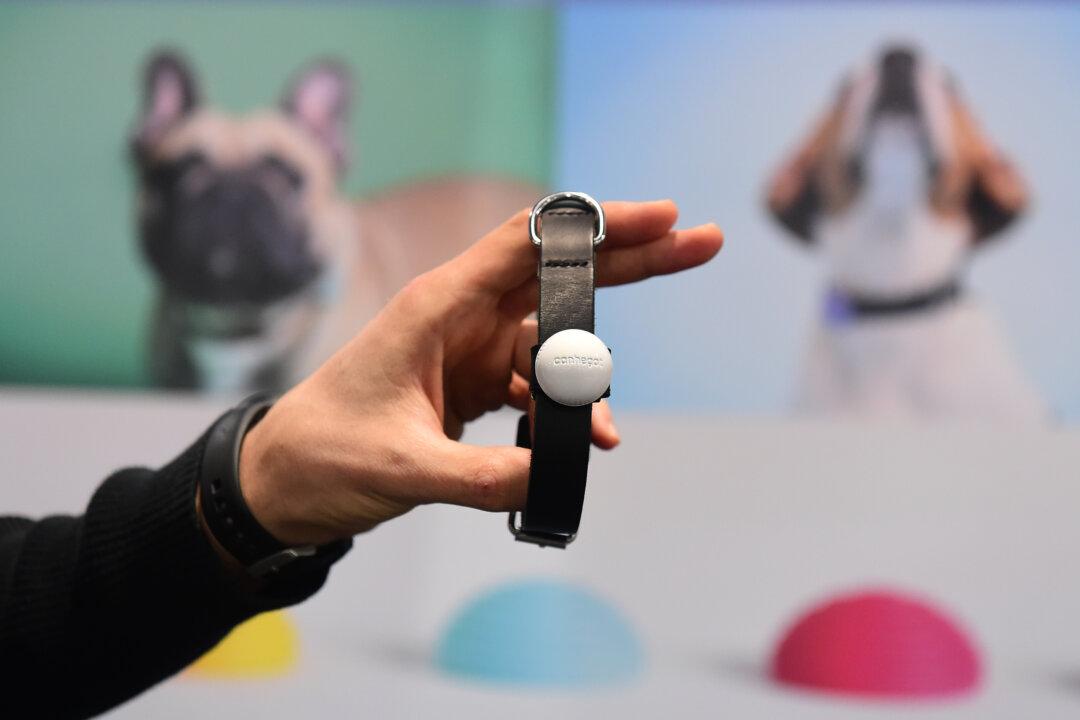Apps that allow owners to track their pets may be leaking information on users, a team of computer scientists at Newcastle University and the Royal Holloway, University of London, have warned.
The findings were published in a report from the 2022 IEEE European Symposium on Security and Privacy Workshops, part of the Institute of Electrical and Electronics Engineers.




